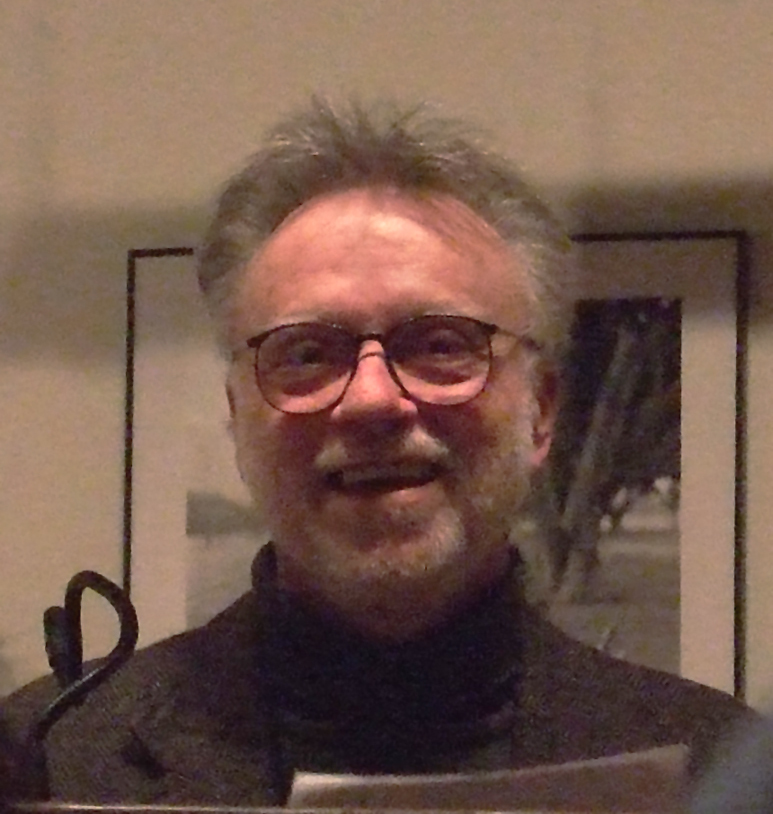 author
authorDiscover the Best Books Written by Octavia E. Butler
Octavia Estelle Butler was an American science fiction author and multiple recipients of the Hugo and Nebula awards. In 1995, Butler became the first science-fiction writer to receive a MacArthur Fellowship. Born in Pasadena, California, Butler was raised by her widowed mother. Extremely shy as a child, Butler found an outlet at the library by reading fantasy and writing. She began writing science fiction as a teenager. She attended community college during the Black Power movement and, while participating in a local writer's workshop, was encouraged to attend the Clarion Workshop, which focused on science fiction.
She soon sold her first stories and, by the late 1970s, had become sufficiently successful as an author that she could pursue writing full-time. Her books and short stories drew the favorable attention of the public, and awards soon followed. She also taught writer's workshops and eventually relocated to Washington. Butler died of a stroke at the age of 58. Her papers are held in the research collection of the Huntington Library.
Butler's first work published was "Crossover" in the 1971 Clarion Workshop anthology. She also sold the short story "Childfinder" to Harlan Ellison for the anthology The Last Dangerous Visions. "I thought I was on my way as a writer," Butler recalled in her short fiction collection Bloodchild and Other Stories. "I had five more years of rejection slips and horrible little jobs ahead of me before I sold another word."
Starting in 1974, Butler worked on a series of novels that would later be collected as the Patternist series, which depicts the transformation of humanity into three genetic groups: the dominant Patterns, humans who have been bred with heightened telepathic powers and are bound to the Patternmaster via a psionic chain; their enemies the Clayarks, disease-mutated animal-like superhumans; and the Mutes, ordinary humans bonded to the Patterns.
The New York Times regarded her novels as "evocative" and "often troubling" explorations of "far-reaching issues of race, sex, power." Writing in The Magazine of Fantasy and Science Fiction, Orson Scott Card called her examination of humanity "clear-headed and brutally unsentimental." The Village Voice's Dorothy Allison described her as "writing the most detailed social criticism" where "the hard edge of cruelty, violence, and domination is described in stark detail."
Locus regarded her as "one of those authors who pay serious attention to the way human beings work together and against each other, and she does so with extraordinary plausibility." The Houston Post ranked her "among the best SF writers, blessed with a mind capable of conceiving complicated futuristic situations that shed considerable light on our current affairs."
Some scholars have focused on Butler's choice to write from the point of view of marginal characters and communities and thus "expanded SF to reflect the experiences and expertise of the disenfranchised." However, while surveying Butler's novels, critic Burton Raffel noted how race and gender influence her writing: "I do not think any of these eight books could have been written by a man, as they most emphatically were not, nor, with the single exception of her first book, Pattern-Master (1976), are likely to have been written, as they most emphatically were, by anyone but an African American."
Robert Crossley commended how Butler's "feminist aesthetic" works to expose sexual, racial, and cultural chauvinisms because it is "enriched by a historical consciousness that shapes the depiction of enslavement both in the real past and in imaginary pasts and futures."
Butler's prose has been praised by critics, including the Washington Post Book World, where her craftsmanship has been described as "superb," and by Burton Raffel, who regards Butler's prose as "carefully, expertly crafted" and "crystalline, at its best, sensuous, sensitive, exact, not in the least directed at calling attention to itself."
Best author’s book























